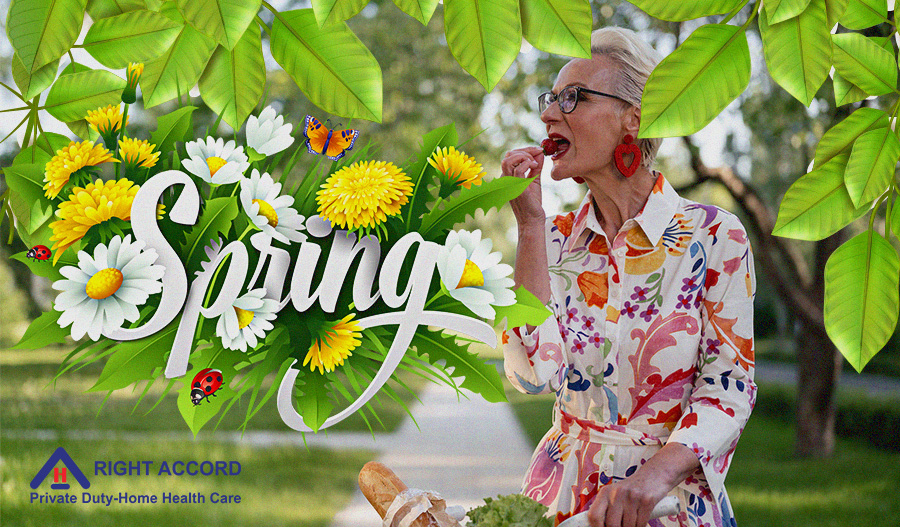· 5 min read
Signs of Depression in Seniors and How to Help them Overcome It
Depression is an issue among seniors. Learn the signs of depression in elderly and help them manage their feelings to avoid any self inflicting harm.
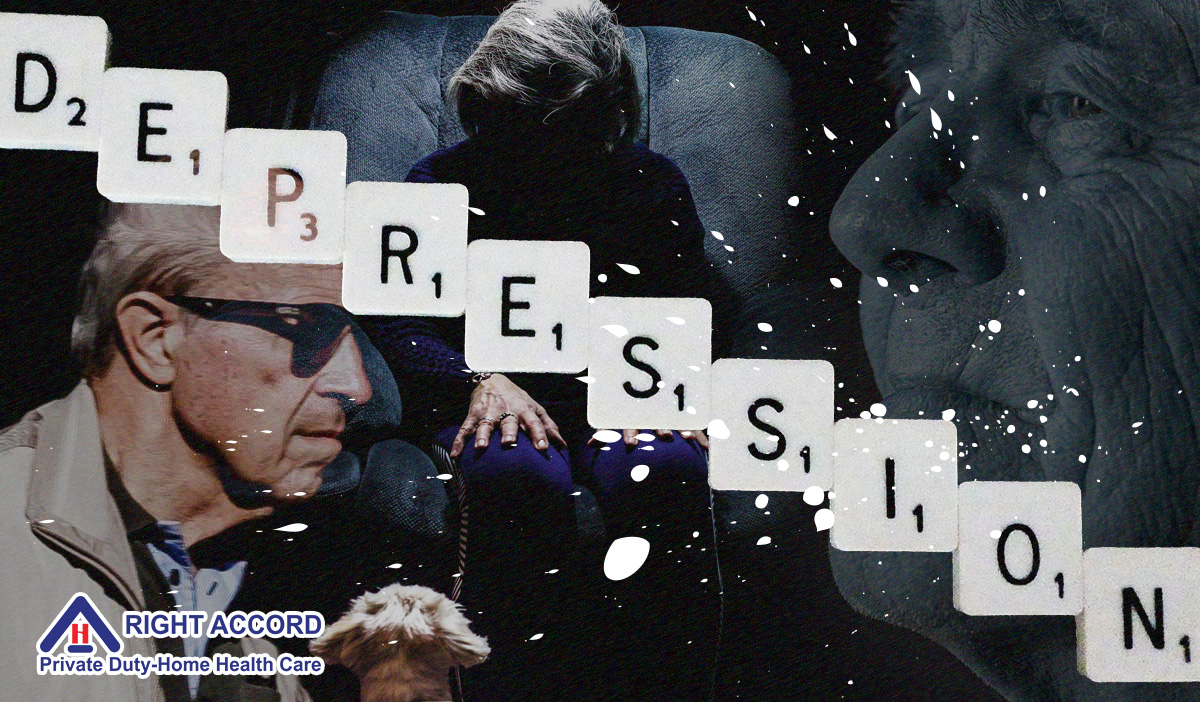
By: Rosemarie Tamunday Casanova — RN, BSN, MHA
Anyone who has lived through the Great Depression, or any other challenging period in their life, may find that they are prone to depression with age.
The elderly can struggle with depression for a variety of reasons. They may no longer have the support of friends and family who previously helped them through hard times. They may see their lives as though they have nothing to look forward to. Or perhaps they’ve experienced too much pain and sadness for too long. If you know a senior or an older adult who is struggling with these challenges, there are ways you can help them find peace and happiness again.
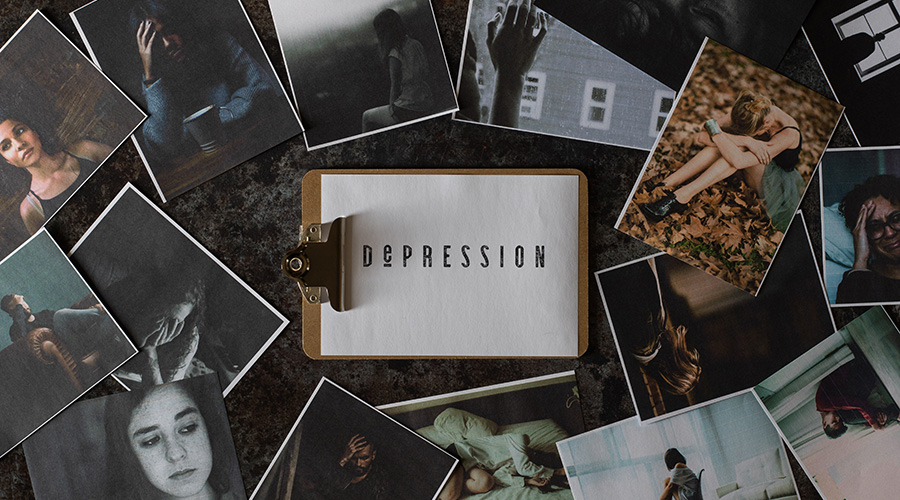
Read on for more information on recognizing the signs of depression in elderly adults, helping them manage their feelings, and keeping an eye out for potential red flags that could indicate more profound issues.
Know the Signs of Depression in Elderly Adults

If you suspect that an older adult in your life is struggling with depression, you’ll want to be able to recognize the signs.
As with younger people, symptoms of depression in elderly people may include: Feeling sad, irritable, or anxious, with no apparent cause and having low energy, feeling tired all the time, having problems sleeping or focusing, having trouble thinking clearly, losing interest in activities that were once enjoyable.
Feeling guilty, worthless, helpless, or like they’re a burden on others. Changes in appetite or weight. Having frequent illnesses or taking longer to recover from illness. If you notice these signs in an elderly person, starting the conversation is important. Be empathetic but direct. Let them know you’re there to help and want to help them get better.
Help Your Loved One Manage Their Feelings
If an aging family member in your life is suffering from depression, sometimes they may not understand why. If that’s the case, let them know that you understand their feelings and are there to help. Don’t try to rationalize or debate their feelings. Instead, focus on providing comfort and warmth. Let them know that they have your shoulder to cry on, that you’re there for them no matter what, and help them seek the help they need to recover.
You can also help your loved ones manage their feelings by Making their life as easy as possible. - If your loved one is dealing with depression, they may feel too weak or tired to do basic tasks like grocery shopping or cleaning. Offer to help relieve as much stress as you can. Letting them know they don’t have to face this alone. - Your presence and support will help your loved one feel less alone and more supported as they cope with their feelings.
For example, helping your loved one find a reason to get out of bed every day. - Depression can make it difficult for people to find motivation. You can help by finding ways to make every day meaningful and purposeful.
Help an Elderly Person Build a Support Network
An older adult struggling with depression may need extra support and attention. You can help them build a support network of friends and loved ones who can provide encouragement and positive attention. This might include online support groups where they can find people going through the same thing or helping them make friends at their local senior centre.
You can also help them find ways to stay in touch with old friends and family members. Perhaps they could use social media to stay connected with distant friends and family, or you could invite them to visit or stay with you when they travel to your city. Senior centres and support groups are great places to meet new people. They can also help seniors feel like they’re contributing to the community and getting back the social interaction they need.
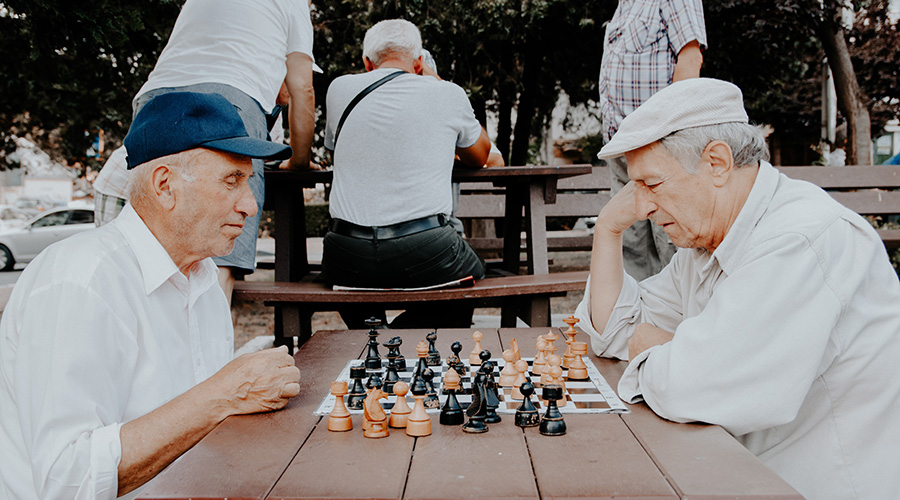
Help Through Caregiver Training and Support Groups
If you’re a family caregiver for a senior suffering from depression, you may feel overwhelmed and sometimes unsure of how to help. You can get support and training through caregiver support groups. You can also find plenty of advice and resources online, including information on managing specific challenges, like depression, that come with caring for an elderly person.
You can also work with other caregivers to share ideas and support one another. Sharing the burden of caregiving with others can make the process more manageable and help you feel less alone. If you’re caring for senior family member who is experiencing depression, try to keep an eye out for warning signs that they might be considering suicide.
If they’ve seen a doctor, ask them if they’re taking any medication, and let them know that it’s important to take it as directed so they can get better as quickly as possible. They may also need extra help with daily tasks as they recover. Be sure to let them know you’re there to help, and check in with them regularly to ensure they’re doing okay.
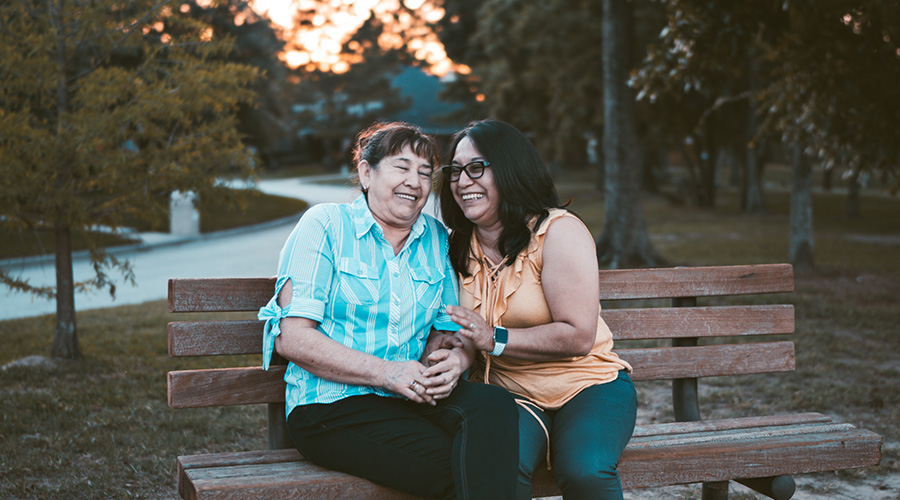
Conclusion
Elderly people are often overlooked when it comes to mental and emotional health. People often assume that old age is a time to sit back, relax, and enjoy life without struggle. In reality, the elderly can be just as prone to mental illness as any other demographic.
Depression is a common issue among seniors and older adults. It can lead to isolation, poor sleep, and poor nutrition, making symptoms worse and more difficult to overcome. If you know a senior or older adult who is struggling with stress and depression, there are ways you can help them find peace and happiness again.
Read on for more information on recognizing the signs of depression in elderly adults, helping them manage their feelings, and keeping an eye out for potential red flags that could indicate more profound issues.



